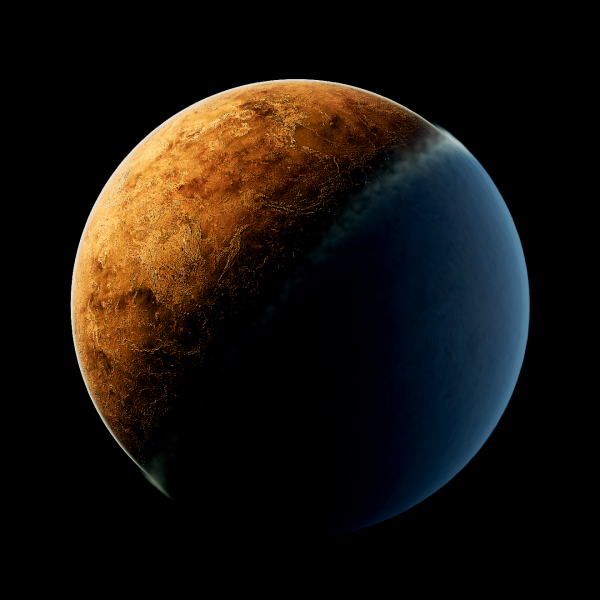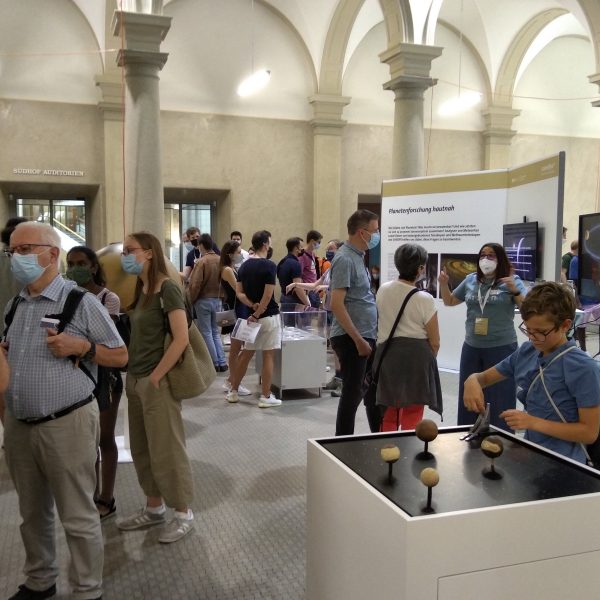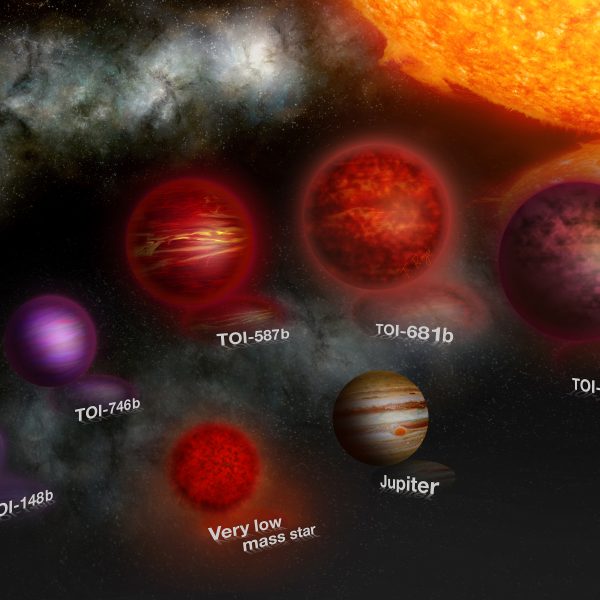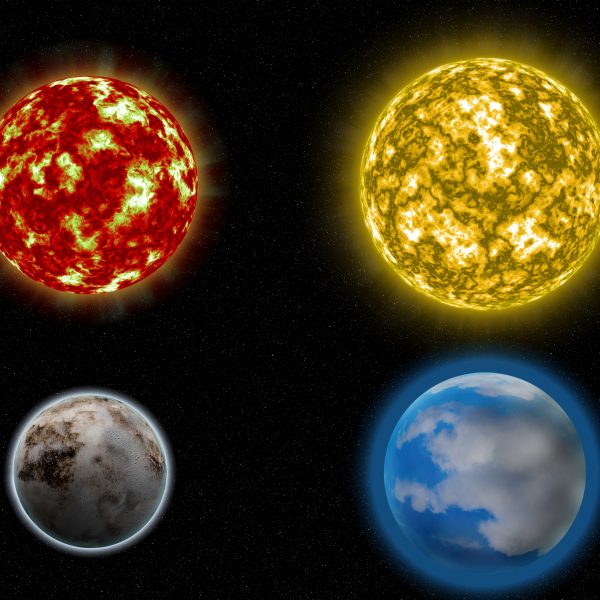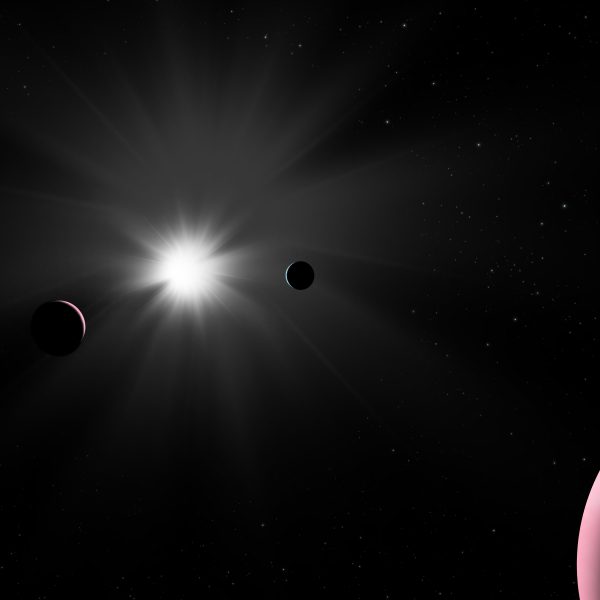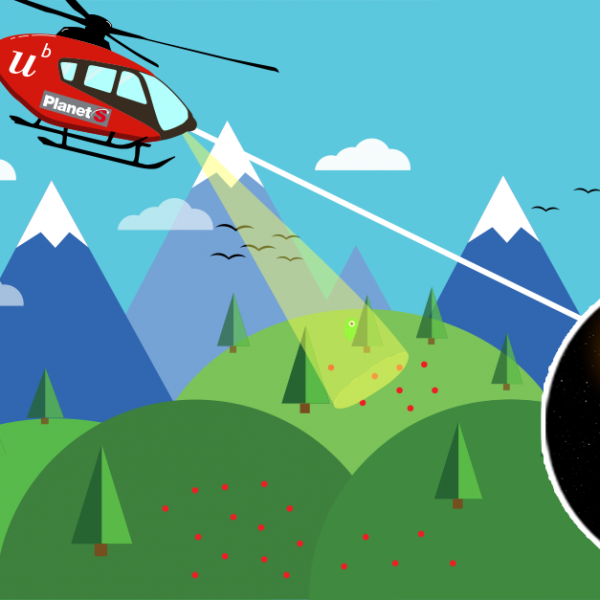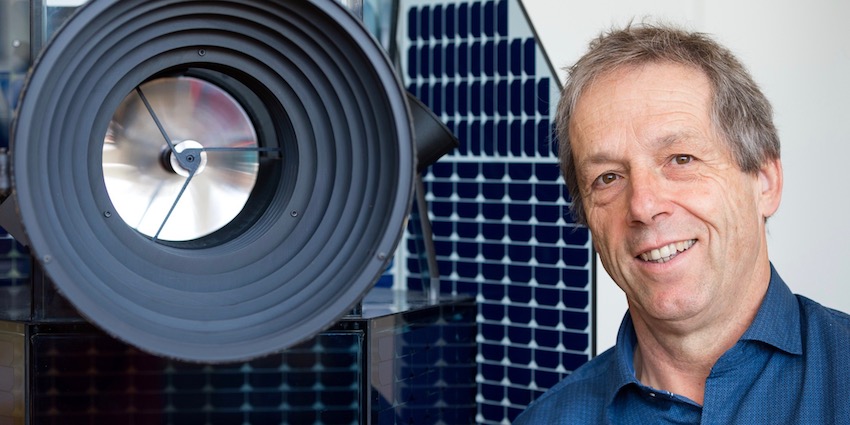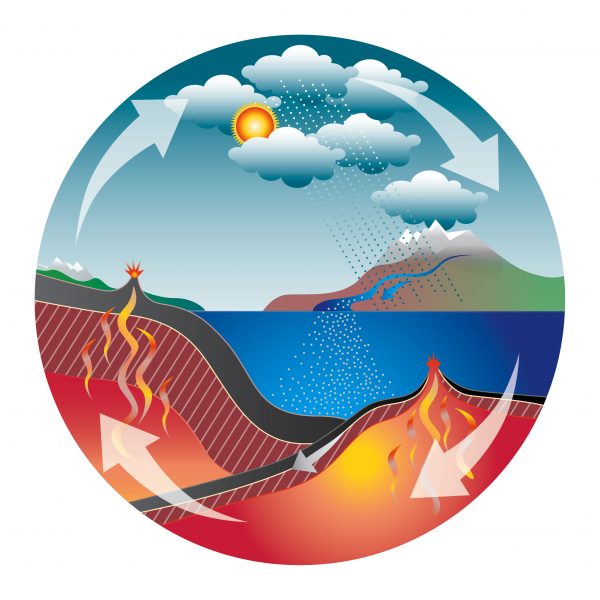Author Archive
Did Venus ever have oceans?
Today’s Venus, with its extreme greenhouse effect, could be considered Earth’s “evil twin”. Yet in its past, it may have been much more hospitable and possibly even had oceans of water. Researchers led by the University of Geneva and the National Centre of Competence in Research (NCCR) PlanetS have simulated the ancient climate of Venus […]
Continue ReadingThousands of visitors at Scientifica 21
A little girl looks fascinated at the screen and watches as a researcher floats around weightlessly in an airplane. Next to him, his experiment is running, which is supposed to provide data on the early phase of planetary system formation. “If you want to go into space later, you need a spacesuit,” the PlanetS scientist […]
Continue ReadingUnravelling the mystery of brown dwarfs
Brown dwarfs are astronomical objects with masses between those of planets and stars. The question of where exactly the limits of their mass lie remains a matter of debate, especially since their constitution is very similar to that of low-mass stars. So how do we know whether we are dealing with a brown dwarf or […]
Continue ReadingLike star, like planet
One of the patterns emerging from the thousands of exoplanets that astronomers have discovered to date, is that the larger planets often orbit more massive stars. The reason behind it was unknown. A new study led by scientists at the University of Zurich, and members associated with the National Center of Competence in Research (NCCR) […]
Continue ReadingUnique exoplanet photobombs CHEOPS study of nearby star system
While studying two exoplanets in a bright nearby star system, the CHEOPS satellite has unexpectedly spotted the system’s third known planet crossing the face of the star. This transit reveals exciting details about a rare planet “with no known equivalent”, as the scientific team led by the Universities of Geneva and Bern, and members of […]
Continue ReadingScientists detect signatures of life remotely
It could be a milestone on the path to detecting life on other planets: Scientists under the leadership of the University of Bern and of the National Centre of Competence in Research (NCCR) PlanetS detect a key molecular property of all living organisms from a helicopter flying several kilometers above ground. The measurement technology could […]
Continue Reading“I just became incredibly tough”
At the age of 32, Judit Szulágyi convinced the European Research Council to fund her research on planet and moon formation. With that, she also takes over leadership of a PlanetS project. Even though her fast track career makes it seem so, getting this far was not always easy. As most, Judit Szulágyi currently works […]
Continue ReadingEditorial
Dear Reader In this issue of the Observer, we wished to be closer and more personal than usual. In particular, we would like to introduce the people responsible for the day-to-day operations of our CHEOPS satellite. Their daily work, essentially from home during this pandemic time, provides the rest of us with a stream of […]
Continue ReadingWhat’s out there? – UniPress in space
More than 4000 planets have already been discovered since Michel Major and Didier Queloz tracked down the first exoplanet orbiting a sun-like star in 1995 – triggering a revolution in astronomy. With the National Center of Competence in Research NCCR PlanetS, Switzerland is at the forefront of this adventure, as the current issue of the […]
Continue ReadingHow the habitability of exoplanets is influenced by their rocks
The weathering of silicate rocks plays an important role to keep the climate on Earth clement. Scientists led by the University of Bern and the Swiss national center of competence in research (NCCR) PlanetS, investigated the general principles of this process. Their results could influence how we interpret the signals from distant worlds – including […]
Continue Reading
